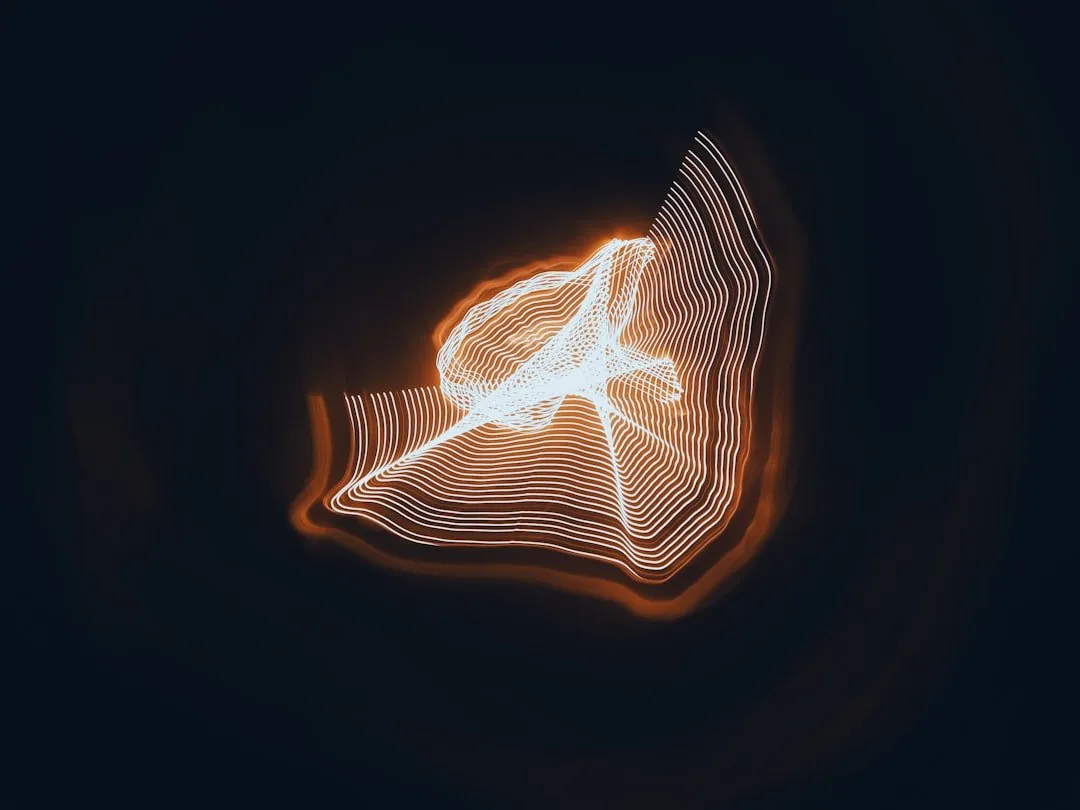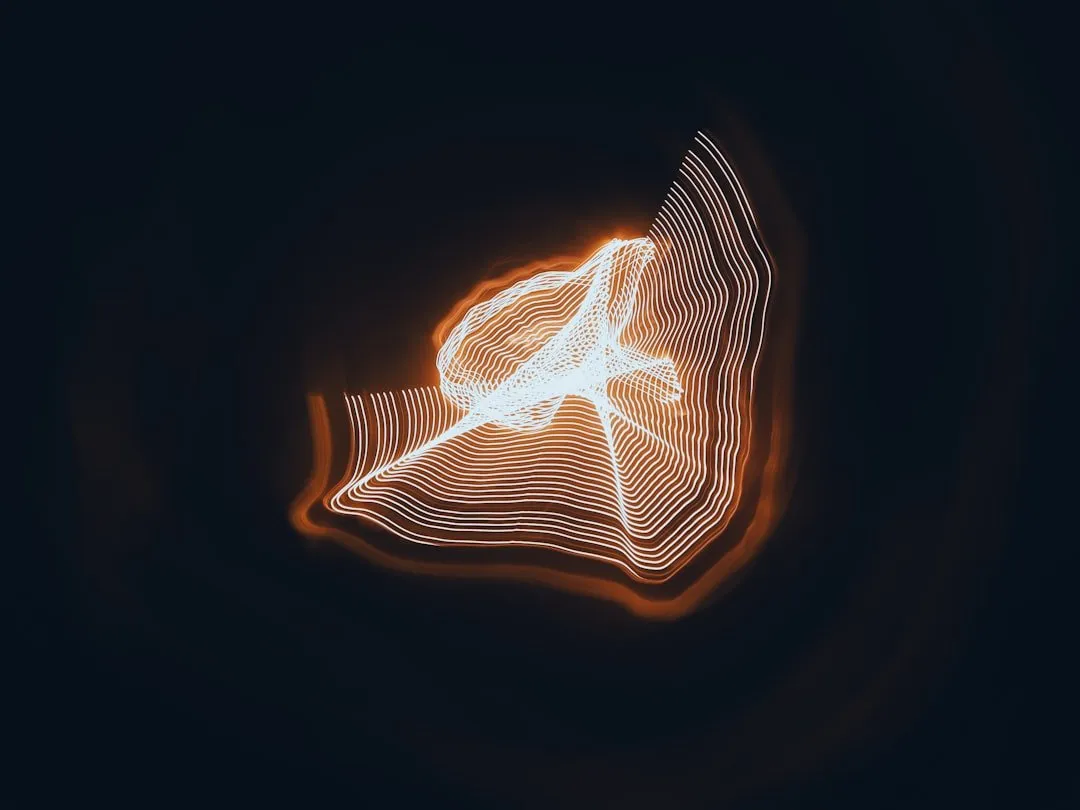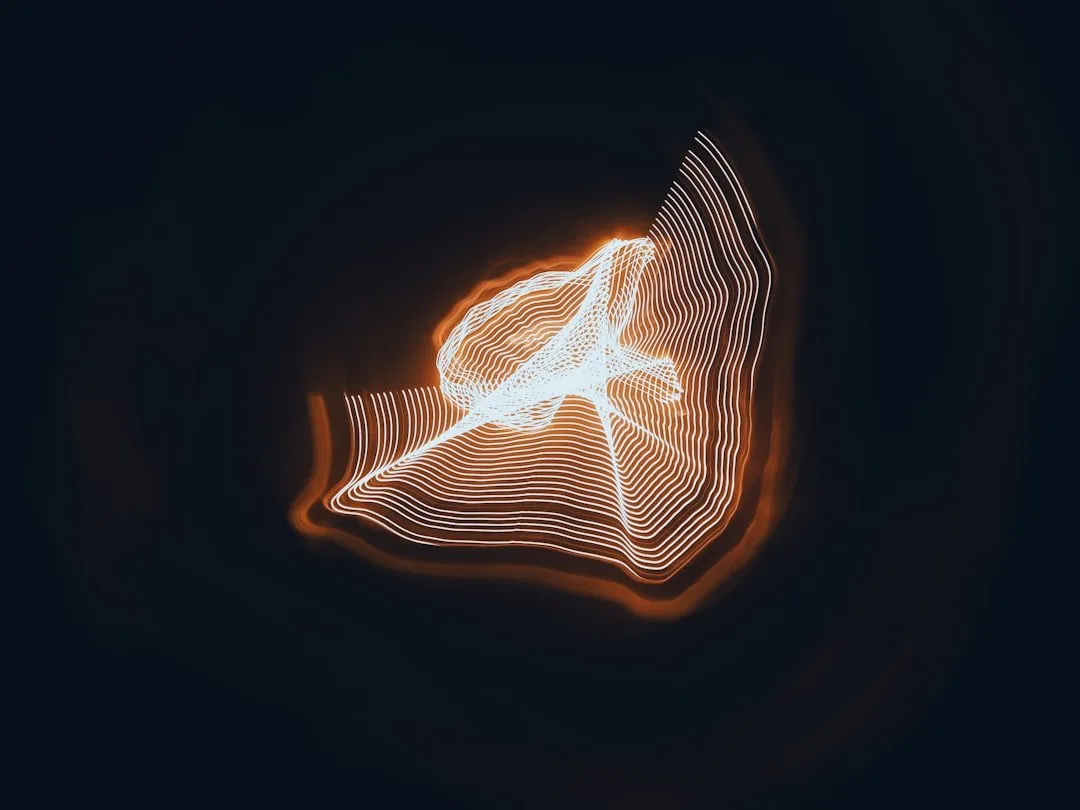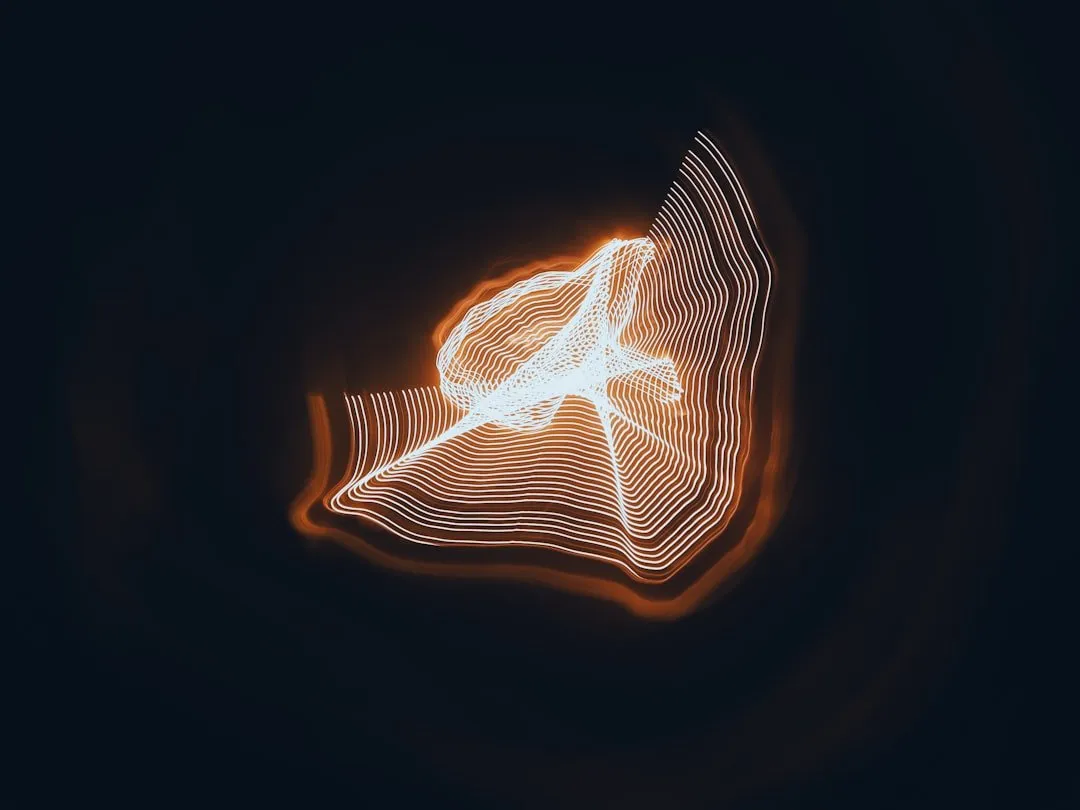Muscle soreness after exercise, especially delayed onset muscle soreness (DOMS), can limit daily activities. Kratom, a natural herb from Mitragyna speciosa, offers relief from post-workout soreness and insomnia through its interaction with opioid receptors in the brain. By enhancing sleep quality and facilitating protein synthesis, kratom aids in muscle recovery. Personalized workout routines, tailored to target specific sore muscle groups, provide an effective, natural alternative to over-the-counter painkillers, addressing both physical soreness and mental health benefits for better recovery and improved physical condition.
After a tough workout, muscle soreness can leave you aching and uncomfortable. Understanding the causes behind this post-exercise discomfort is key to finding effective relief. This article explores natural strategies for managing muscle soreness, with a focus on the potential benefits of kratom for insomnia and recovery. We’ll delve into creating personalized workout routines tailored to your needs, empowering you to exercise comfortably and efficiently. Discover how these techniques can transform your fitness journey.
- Understanding Muscle Soreness and Its Causes
- The Role of Kratom in Relieving Insomnia and Promoting Recovery
- Creating Personalized Workout Routines for Effective Pain Management
Understanding Muscle Soreness and Its Causes

Muscle soreness is a common phenomenon experienced by individuals after intense physical activity or workouts. It’s a sign that your muscles have been challenged and are undergoing adaptation to become stronger. However, when muscle soreness persists for an extended period, it can be uncomfortable and hinder your ability to engage in daily activities. This prolonged discomfort is often referred to as delayed onset muscle soreness (DOMS).
Various factors contribute to the development of muscle soreness, including exercise intensity, type, duration, and improper form. When you exercise, microscopic tears occur in the muscle fibers, leading to an inflammatory response that causes the characteristic ache and stiffness. Interestingly, kratom for insomnia has gained attention not only as a potential sleep aid but also for its muscle soothing properties. Some users report that specific kratom strains can provide relief from post-workout soreness, offering a natural alternative for recovery.
The Role of Kratom in Relieving Insomnia and Promoting Recovery

Kratom, a natural herb derived from the plant Mitragyna speciosa, has gained attention for its potential benefits in relieving muscle soreness and promoting recovery. While often used as a pain reliever, kratom’s effects extend to enhancing sleep quality, making it a valuable tool for combating insomnia related to physical exertion or post-workout stress. The compound 7-hydroxymitragynine, found in high concentrations in kratom leaves, is believed to interact with opioid receptors in the brain, facilitating better rest and relaxation.
In the context of muscle recovery, kratom’s calming properties can aid in alleviating insomnia, allowing the body to restore energy and repair tissues more effectively. Quality sleep is essential for protein synthesis and hormone regulation, both crucial processes for muscle growth and soreness reduction. Incorporating kratom into a post-workout routine could offer a holistic approach to recovery, ensuring athletes and fitness enthusiasts not only feel refreshed but also experience improved physical condition over time.
Creating Personalized Workout Routines for Effective Pain Management

Creating personalized workout routines is a powerful tool in managing and relieving muscle soreness, offering a natural and effective alternative to over-the-counter painkillers, especially for those seeking kratom for insomnia relief. By tailoring exercises to specific muscle groups experiencing discomfort, individuals can target and alleviate pain more precisely. This approach involves assessing the type and intensity of exercise that causes or exacerbates the soreness, then designing a routine that balances strength training with gentle movement to promote healing.
Incorporating low-impact activities like yoga or swimming alongside resistance exercises allows for varied stimulation while reducing stress on sore muscles. Additionally, incorporating stretching and mobility work into the routine enhances flexibility, improves blood flow to affected areas, and accelerates recovery. Personalized workouts provide a holistic approach to pain management, addressing both the physical symptoms of muscle soreness and the potential mental health benefits of exercise in combating insomnia.
In light of the above discussions, it’s clear that both understanding muscle soreness and leveraging natural remedies like kratom for insomnia play pivotal roles in effective pain management. Customized workout plans, tailored to individual needs, offer a holistic approach to relief. By combining targeted exercise with kratom’s potential benefits for insomnia and recovery, individuals can navigate their fitness journeys with reduced discomfort and improved overall well-being.














